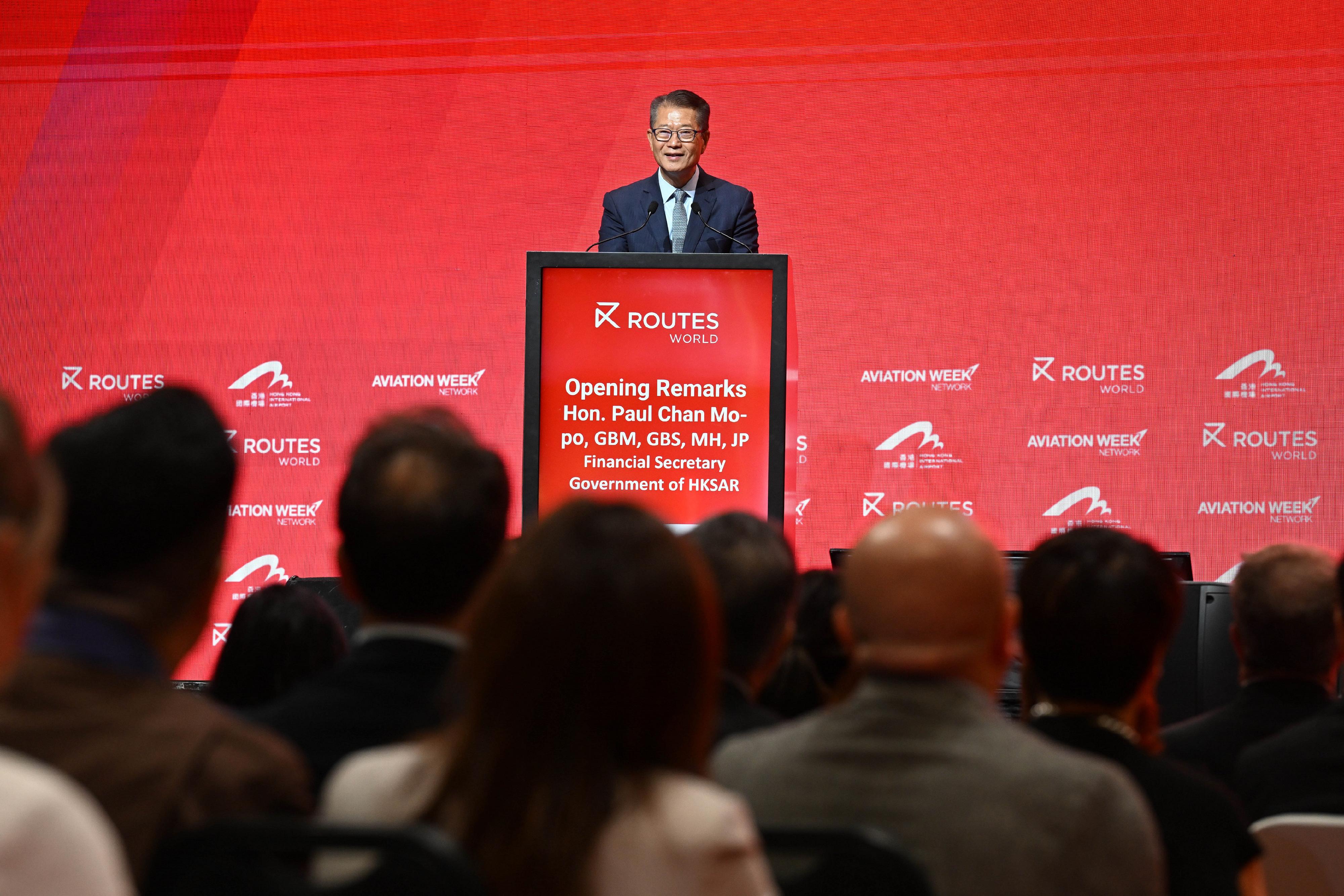
Hong Kong’s financial market has performed strongly this year, with funds raised through initial public offerings reaching HK$150 billion ($19.3 billion), cementing the city’s position as the world’s top destination for raising capital, Financial Secretary Paul Chan Mo-po said on Sunday.
The benchmark Hang Seng Index has jumped more than 30 percent so far this year. Trading activity has also surged to record levels, with average daily turnover topping HK$250 billion.
In the first eight months, the value of refinancing by listed companies was almost three times the amount raised through IPOs — a sign of the special administrative region’s deep and liquid market — Chan said in his weekly blog.
ALSO READ: HKMA enhances RMB liquidity facilities to support offshore market
The special administrative region’s IPO boom has helped lift the Chinese mainland’s A-shares. According to Hong Kong Exchanges and Clearing — the bourse operator — 14 mainland companies that went public in Hong Kong since September last year have seen the average daily turnover of their corresponding A-shares rise by 28 percent, while their share prices have climbed an average of 15 percent.
For mainland companies aiming to go global, listing in Hong Kong offers them a springboard to speed up their international business footprint, enhance revenues and raise their global profile, the finance chief said. More importantly, it strengthens the connectivity and mutual growth of the two financial markets.

Hong Kong’s buoyant market has prompted institutions to dial up their projections for IPO fundraising this year. Deloitte has raised its full-year forecast by around 40 percent — from HK$200 billion in mid-June to between HK$250 billion and HK$280 billion in September, figures close to those seen in 2018.
READ MORE: Lau: eMPF platform ensures user privacy, data security
To turn these encouraging indicators into lasting drivers for high-quality and diversified growth of Hong Kong’s financial industry, the city will explore new financial sectors, while building on its traditional strengths in equities and wealth management, solidifying its role as a global offshore renminbi hub and advancing its financial infrastructure, Chan said.
For instance, Hong Kong is doubling down on efforts to build new growth pillars, including fixed income, currency markets and digital assets.
The Securities and Futures Commission and the Hong Kong Monetary Authority jointly announced Hong Kong’s Roadmap for the development of fixed-income and currency (FIC) markets on Thursday, outlining 10 measures to elevate the SAR as a global hub for FIC products.
Emphasizing the significance of these efforts, Chan said the appetite for FIC products in Asia is strong. Over the past 15 years, international bond issuance in the region has expanded at an annual rate of 16 percent, far outperforming the global growth of around 4 percent.
READ MORE: HK retains spot as freest economy, 3rd-ranking financial center
Hong Kong is a leading player in this field, he said. The city handles nearly 30 percent of Asia’s international bond issuance, with green and sustainable bonds alone accounting for around 45 percent of the region’s total.
The push to expand FIC markets will further strengthen Hong Kong’s role as an offshore renminbi hub, Chan said. By boosting renminbi liquidity and product availability, as well as fast-tracking the launch of offshore sovereign bond futures, Hong Kong is committed to creating a more robust environment for international investors to hold long-term renminbi assets and meeting global demand for renminbi asset allocation.
Contact the writer at irisli@chinadailyhk.com


